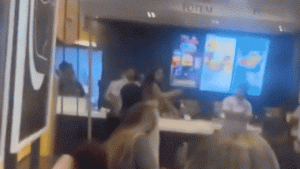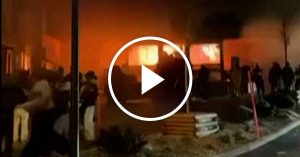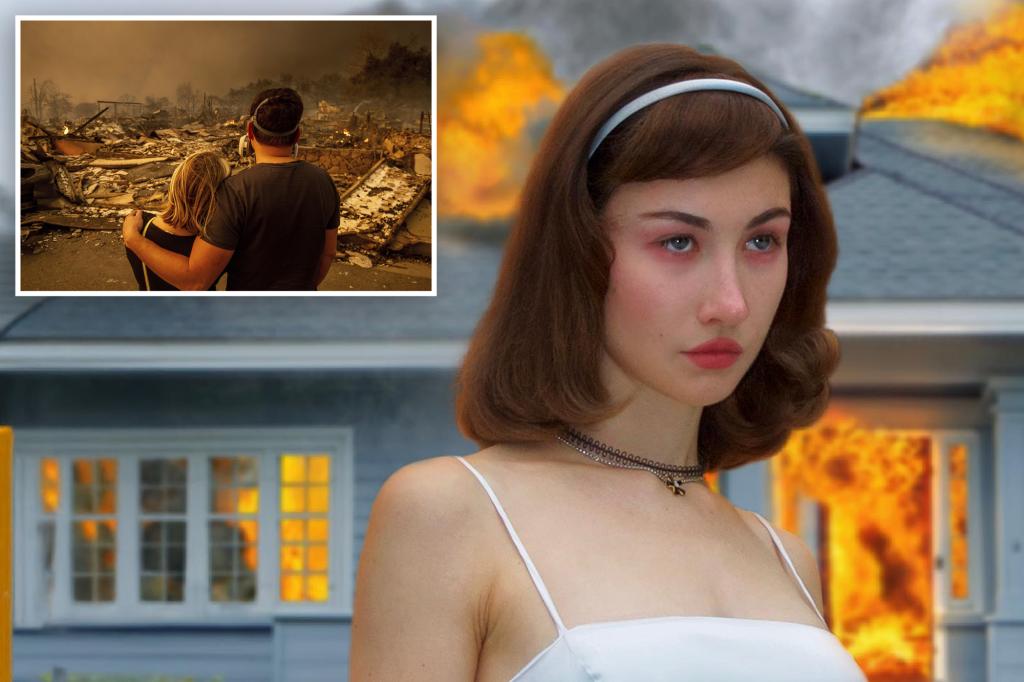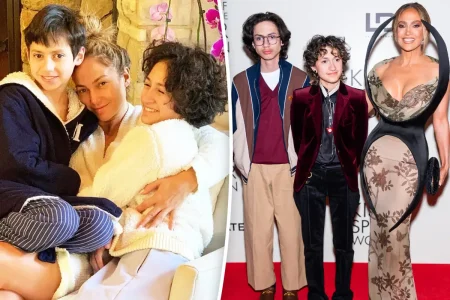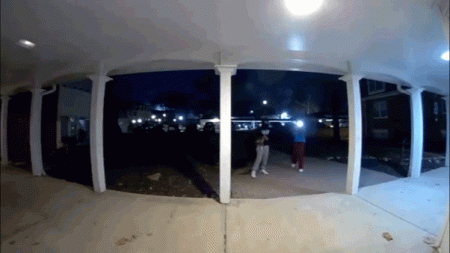The devastating wildfires ravaging Los Angeles, claiming lives and displacing hundreds of thousands, became the backdrop for a social media controversy involving influencer Meg DeAngelis. The 29-year-old Canadian content creator, boasting millions of followers across platforms like Instagram, TikTok, and YouTube, sparked outrage with an Instagram story selfie captioned, “When I escaped NYC because it was too cold, but now this one is literally burning down.” This seemingly flippant remark, juxtaposing her escape from New York’s cold weather with the raging infernos consuming Los Angeles, was met with swift and widespread condemnation. Critics labeled her post as “tone-deaf” and “privileged,” highlighting the stark contrast between her casual dismissal of a catastrophic event and the immense suffering experienced by those directly impacted by the fires. The backlash underscored the growing disconnect between the curated realities often portrayed on social media and the harsh realities of real-world crises.
The criticism directed at DeAngelis centered on several key points. Firstly, her comment was perceived as minimizing the gravity of the situation, reducing a devastating natural disaster with significant human cost to a mere inconvenience compared to the cold New York weather. This perceived trivialization ignited accusations of privilege, suggesting a detachment from the real-world consequences of the fires, likely stemming from her comfortable lifestyle. Secondly, her followers expressed disappointment over her failure to utilize her substantial platform to raise awareness about the fires and offer support to those affected. Instead of leveraging her influence for good, she appeared to center the narrative around her own experience, further fueling the perception of self-absorption and insensitivity. This sparked a broader conversation about the role and responsibility of influencers, particularly during times of crisis, and the potential for their platforms to be used for more than self-promotion.
Adding fuel to the fire, DeAngelis’s initial post was followed by a seemingly conciliatory image of the orange California sky, captioned with a more somber message acknowledging the heartbreak of the situation and expressing concern for the affected wildlife and residents. However, this attempt at damage control was met with skepticism, with many viewing it as a belated and insincere response driven by the mounting public pressure. The incident highlighted the delicate balance influencers must navigate between maintaining their online persona and addressing real-world events with genuine empathy and sensitivity. The backlash underscored the importance of authenticity in influencer marketing and the potential for missteps to erode public trust and damage reputations.
The DeAngelis controversy unfolded against a larger backdrop of insensitive behavior surrounding the wildfires. A photograph circulating on social media depicted a group of young adults, speculated to be influencers due to their camera equipment, posing for selfies in an evacuation zone near burning homes in Pasadena. The image captured them smiling nonchalantly amidst the devastation, further exacerbating public anger and raising questions about the ethics and morality of exploiting tragedy for social media content. This incident, coupled with DeAngelis’s post, contributed to a growing narrative around the perceived detachment and self-absorption of certain influencers, raising concerns about the potential for social media to desensitize individuals to real-world suffering.
The wildfires, which prompted the evacuation of approximately 180,000 people, left a trail of destruction in their wake, including damage to iconic landmarks like Sunset Boulevard. The full extent of the tragedy, including the definitive death toll, remained uncertain as authorities grappled with the ongoing emergency. The fires served as a stark reminder of the destructive power of nature and the vulnerability of communities in the face of such events. The unfolding disaster also exposed pre-existing societal tensions, including issues of inequality and the perceived disconnect between the privileged and those directly impacted by the crisis.
The confluence of the devastating wildfires and the social media controversy surrounding DeAngelis and the selfie-taking group highlighted a complex interplay of factors. The fires themselves represented a tangible and devastating real-world event, while the social media responses reflected the increasingly blurred lines between online personas and real-world responsibilities. The incidents sparked important conversations about the role of influencers in society, the ethics of social media during crises, and the potential for online platforms to amplify both compassion and insensitivity. The backlash against DeAngelis and the selfie-takers ultimately served as a powerful reminder of the importance of empathy, accountability, and the responsible use of social media platforms, particularly in the context of real-world tragedies.
